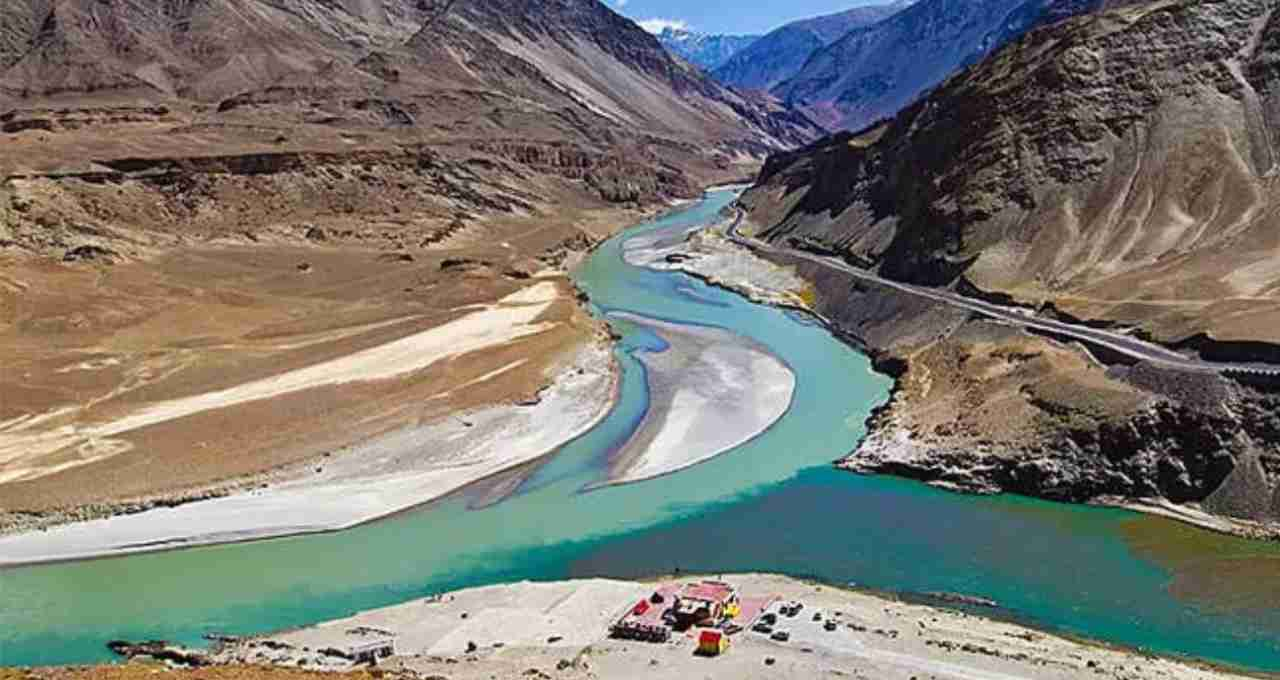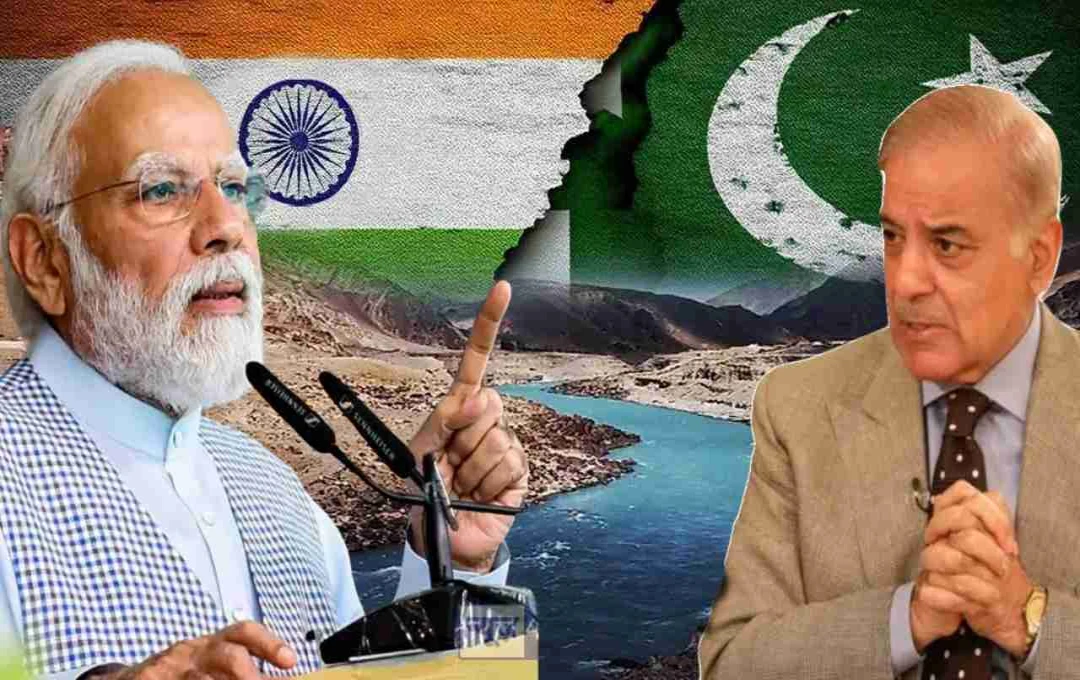Following the Pulwama Terrorist Attack, India Halted the Indus Waters Treaty as a Retaliatory Measure against Pakistan, Potentially Severely Impacting Pakistan's Agriculture, Water Supply, and Electricity.
Indus Waters Treaty: Following the recent terrorist attack in Pulwama, Jammu and Kashmir, the Indian government took a b and historic decision against Pakistan. India suspended the Indus Waters Treaty. This treaty, signed in 1960 between India and Pakistan, governs the distribution of water from the Indus River system.
What is the Indus Waters Treaty?
In 1960, Jawaharlal Nehru, then Prime Minister of India, and Ayub Khan, President of Pakistan, signed this treaty. Its objective was to peacefully resolve water disputes between the two countries.
Under this treaty, the rivers of the Indus river system were divided into two parts:

Western Rivers (Indus, Jhelum, Chenab) – Pakistan received the water from these rivers for its use.
Eastern Rivers (Ravi, Beas, Sutlej) – India received full rights to the water of these rivers.
This agreement also established a three-tiered dispute resolution process:
- Mutual discussions
- Resolution through the Permanent Indus Commission
- Referral to an international court if necessary.
India's Stance Until Now
Over the past 65 years, India and Pakistan have experienced numerous wars and periods of tension, but India had never before revoked or suspended this treaty. This is the first time India has chosen to halt this water treaty, considered a significant blow to Pakistan.
Impact on Pakistan?

1. Direct Impact on Agriculture: Approximately 80% of Pakistan's agricultural land depends on the Indus River water. Reduced water supply could lead to crop failure.
2. Threat of Food Crisis: Disrupted irrigation could reduce food production, potentially exacerbating a food crisis in Pakistan.
3. Urban Water Crisis: The water supply to major cities like Lahore, Karachi, and Multan will also be affected.
4. Impact on Electricity Generation: Power projects such as Tarbela and Mangla rely on the Indus River's water. Water scarcity could create an electricity crisis.
5. Economic Shock: Agriculture contributes 23% to Pakistan's national income, and 68% of the population depends on it. This will impact Pakistan's economy.
Significance of this Decision for India
Through this action, India has clearly conveyed that terrorism and dialogue cannot coexist. Halting the Indus Waters Treaty is a significant step towards exerting strategic pressure, potentially compelling Pakistan to implement policy changes.














